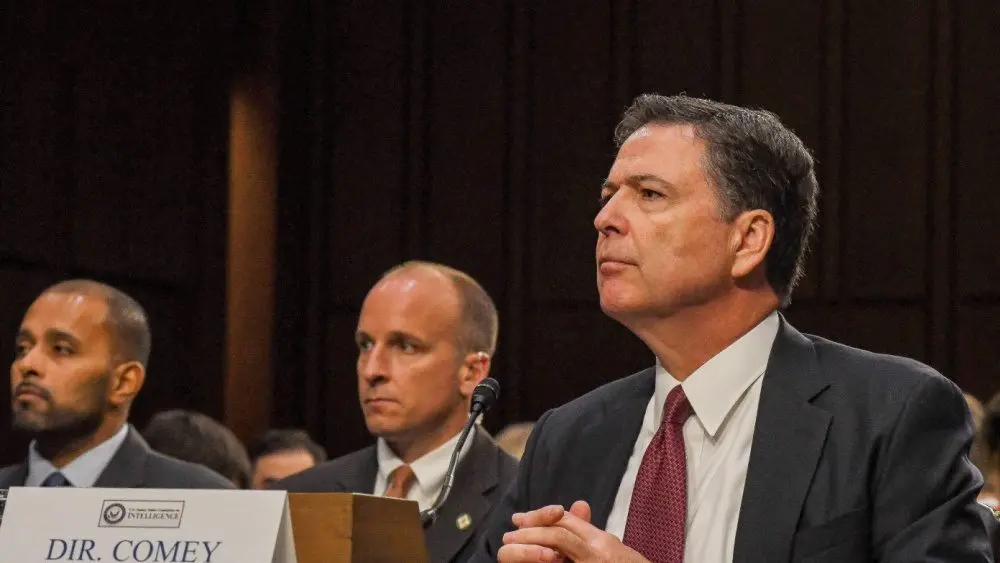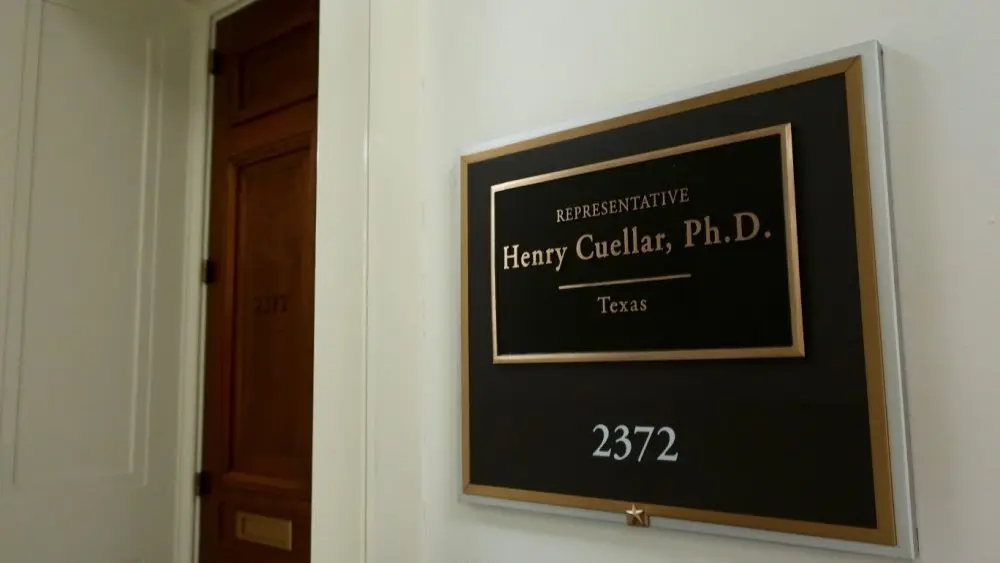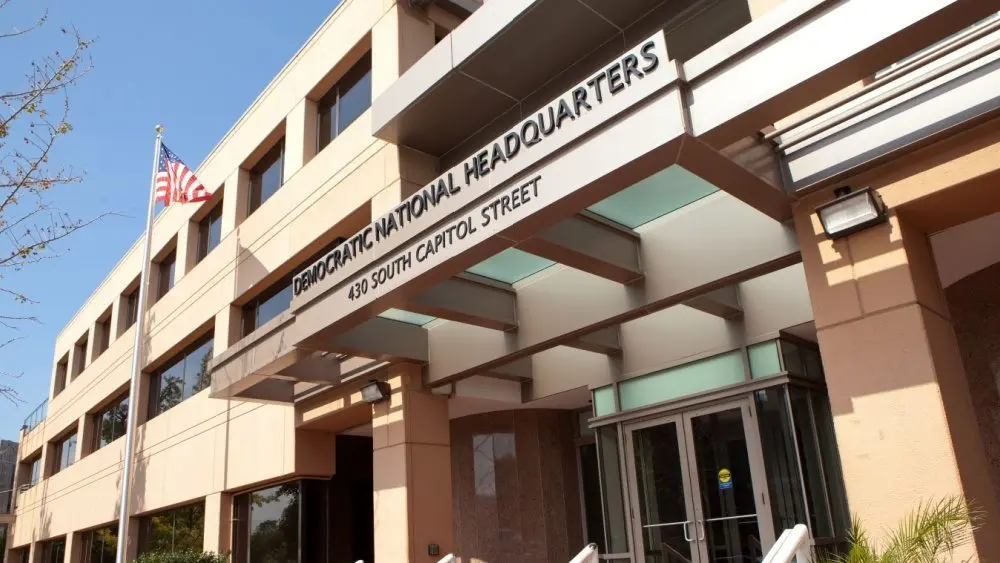
More than 75,000 workers at the nation’s largest healthcare nonprofit organization, Kaiser Permanente, went on strike Wednesday at hospitals and medical offices across five states, after negotiations failed to resolve a dispute over staffing. The Coalition of Kaiser Permanente Unions says the work stoppage is the largest strike of healthcare workers in U.S. history. The union coalition said that the three-day strike is a protest against Kaiser executives’ “bad faith bargaining.”
Kaiser serves nearly 13 million patients and operates 39 hospitals and more than 600 medical offices across eight states and the District of Columbia. Hospitals and medical offices in California, Colorado, Oregon, Virginia, the District of Columbia and Washington are affected by the striking workers, which include vocational nurses, emergency department technicians, radiology technicians, X-ray technicians, respiratory therapists, medical assistants, pharmacists and hundreds of other positions. Kaiser said it has contingency plans to ensure patients continue to receive care during a strike, and all hospitals and emergency departments will remain open.
Negotiations between Kaiser executives and workers are ongoing, with the unions representing Kaiser workers say they are demanding a resolution to the extreme staffing shortage, in addition to better pay and benefits. Caroline Lucas, executive director of the Coalition of Kaiser Permanente Unions, said the staffing crisis has led to unsafe working conditions and deteriorating care for patients: “We continue to have front-line health-care workers who are burnt out and stretched to the max and leaving the industry. We have folks getting injured on the job because they’re trying to do too much and see too many people and work too quickly. It’s not a sustainable situation.”
Kaiser Permanente acknowledged the staffing shortages, saying in a statement on Monday that more than 5 million people have left their healthcare jobs due to burnout. Hospitals struggle to retain staff because workers tend to leave the low pay and the high stress of the health-care field when unemployment is low, and the toll from the Covid-19 pandemic has compounded the staffing shortage, with many workers leaving the field because they felt not enough was done to protect them from both the virus and antagonism from some members of the community.
Editorial credit: Felipe Sanchez / Shutterstock.com






